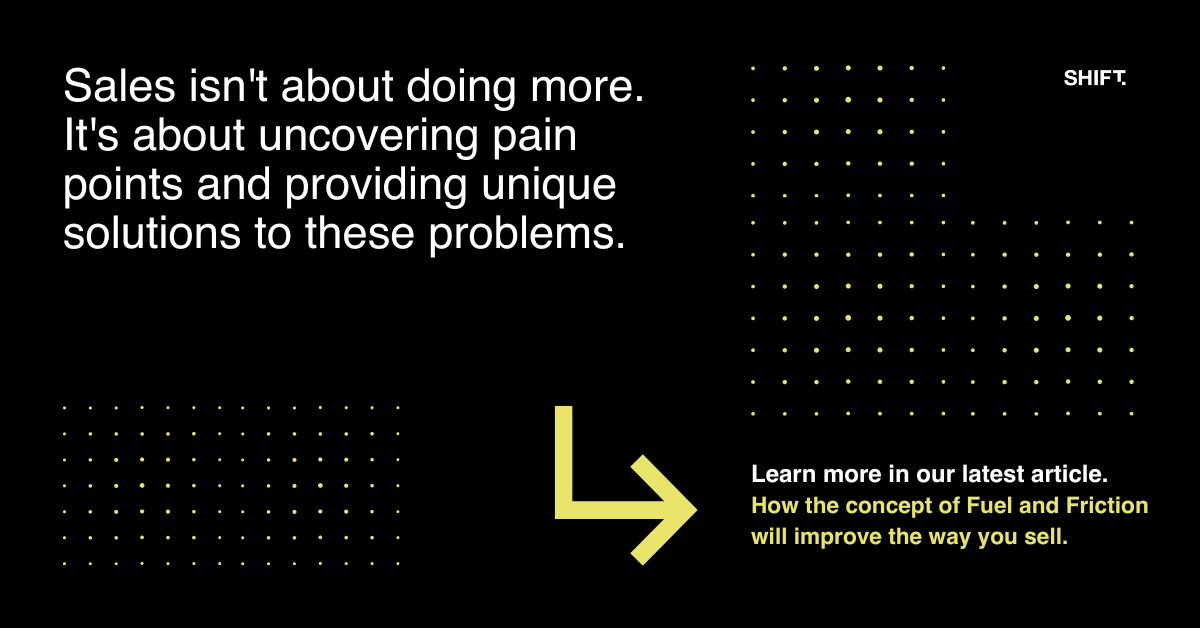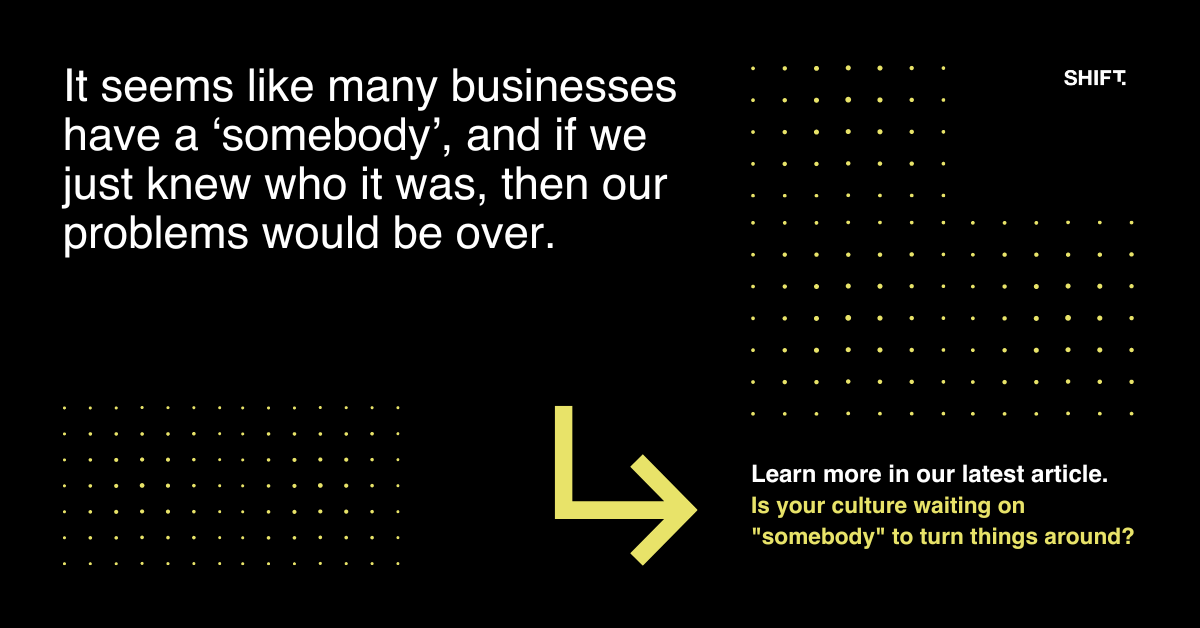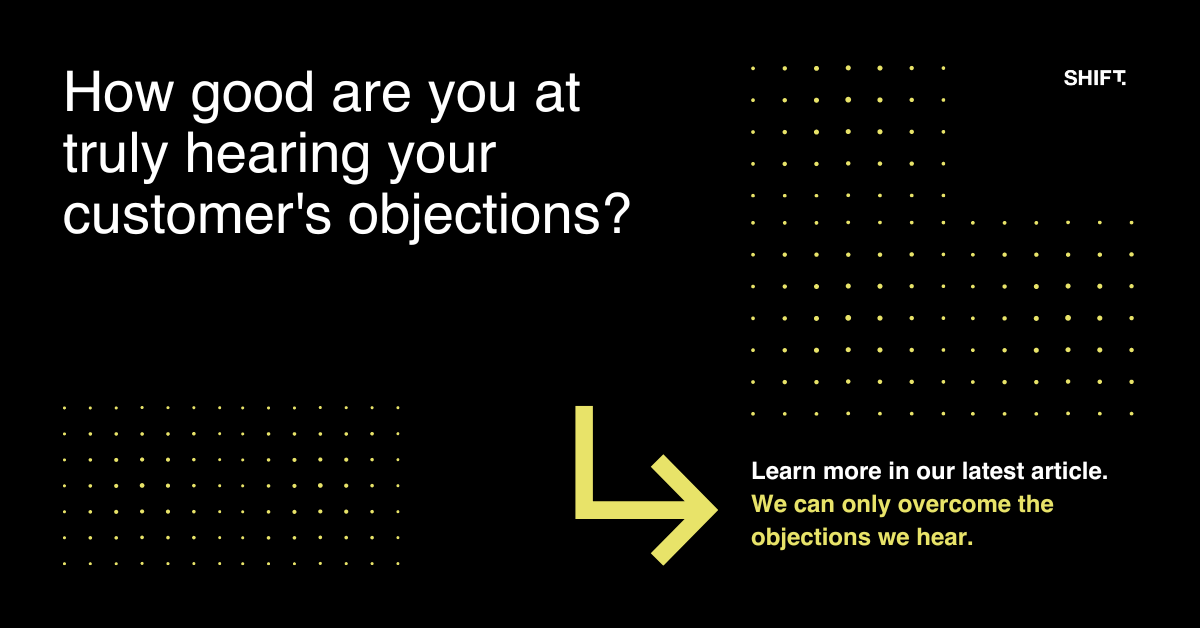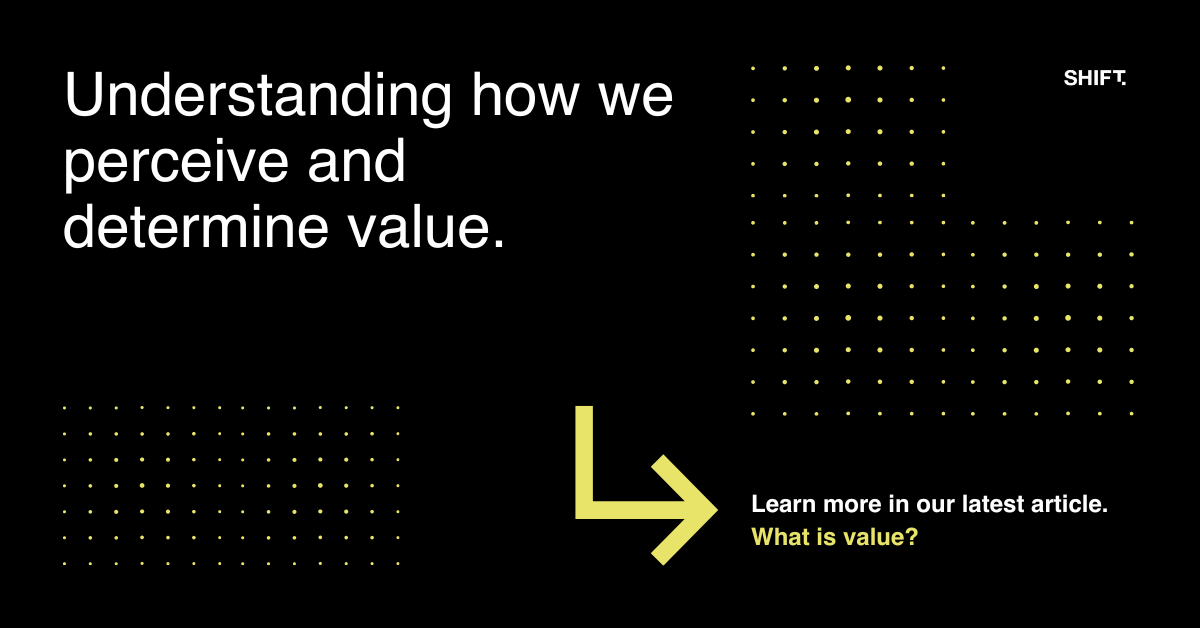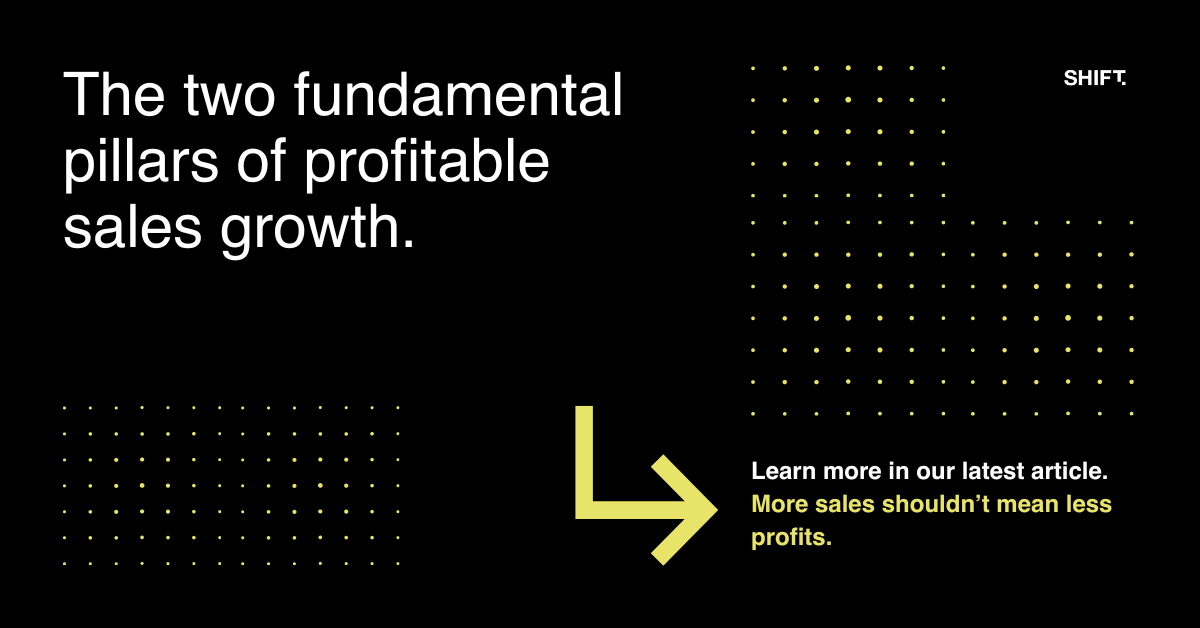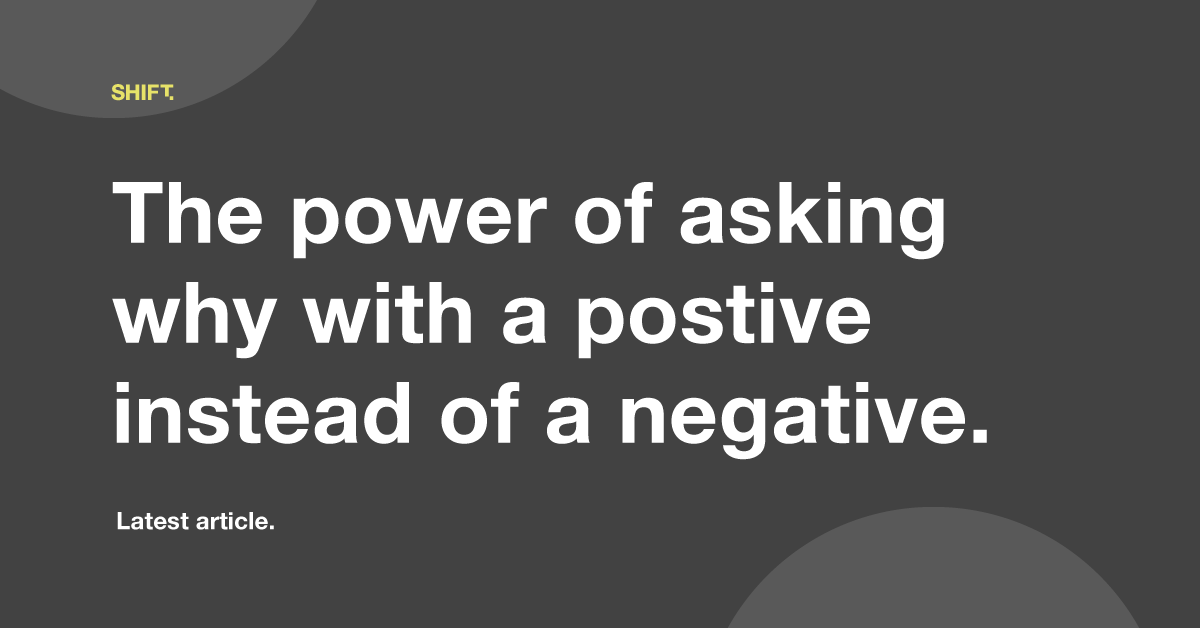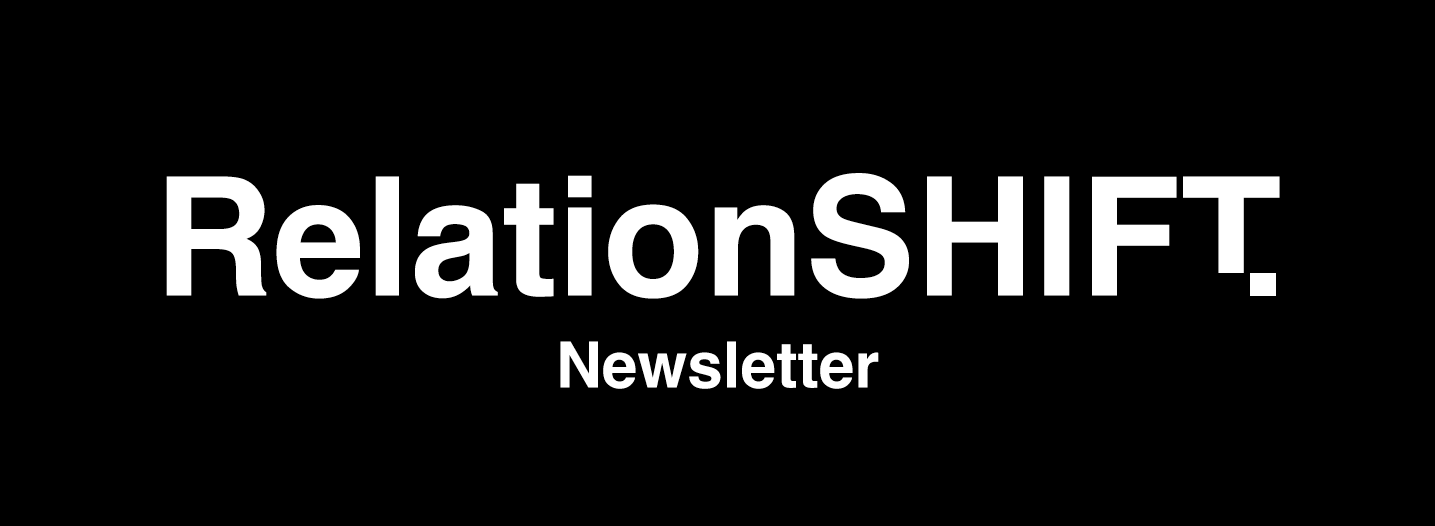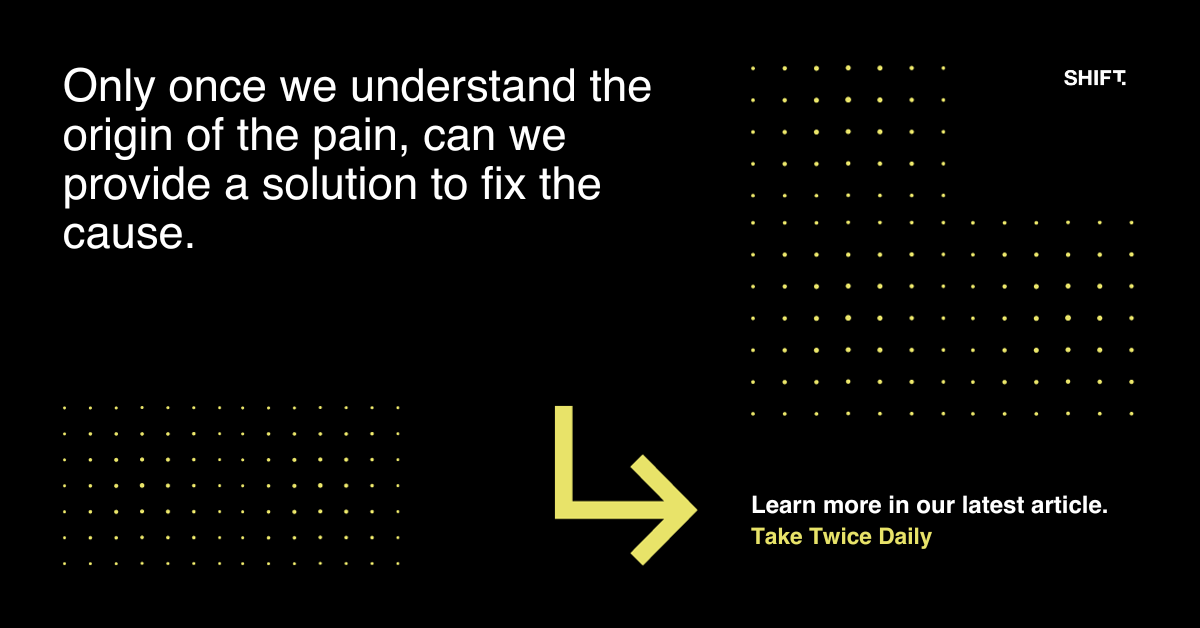“The key to successful sales is making the right connection with the customer and extracting the right emotional response” - David Yule.
There are many ways to make a sale, some better than others and different situations require different approaches. However, there is a process to long term, sustainable, relationship selling that works.
People buy on emotion and justify with logic. Think of the last time you bought something you paid more than what you intended to and ask yourself why? You will find the real reason you bought this was because of how it made you feel or was going to make you feel, however, these feelings are hard to put into words, so we use logic to justify our purchase – “It does this”, “it is made from that”, “it is the best quality”. Our emotions come from the limbic system of our brain, housed in the amygdala. This is the nonverbal part of our brain, it has no words and cannot speak – it feels.
As salespeople, we need to understand just how important this is to selling. Unfortunately, much ‘belly to belly’ selling has become logical in its approach: “Here’s what we do and, here’s our product. Here are the features and benefits. Do you want to buy some?” Sitting behind this is the need to make a sale, hit the numbers for this month/quarter, keep the boss happy and collect our salary and commission/bonus.
It is all about us and very little about the customer!
Understanding why we do what we do and why the customer buys off us is where real selling takes place. When we know both of these, we have the ingredients to bring the two together for a real win/win outcome. An outcome where both parties are very happy and continue the development of the relationship. A mantra that keeps us focused in the early stages of selling is “Follow the customer not the sale”. Be attuned to the customers’ needs, understand them for who they are, put aside the $ of the sale and, what this means to you – it is a distraction and it is the wrong goal. I know you are measured by sales revenue, targets and, numbers and, of course, that is what keeps the business growing financially. However, sales are just an outcome of the relationship you develop with the customers, the more and better win/win relationships you develop with customers the better your sales $ and margins will be.
Taking the time to understand why you do what you do and how this is of benefit to the customer – why customers buy off you is a key step in the sales process.
One of the techniques we can use to understand our customers better is to use ‘why’ in a positive. This is asking an existing customer why they buy off us or when we win an order asking them why they gave us the order.
We have been taught from a very early age to ask ‘why’ in a negative – “Why can’t I have this?” “Why can’t I do this?” “Why don’t you like me?”. We carry this through into our selling, “Why did you give the order to someone else?” “Why did we miss out on the order?”, “Why didn’t you give me another chance to meet the price?” All of these negative why’s generally end up in one similar answer – “You were too expensive”, “someone else was far cheaper”, “you weren’t competitive enough”. All of the answers feed our belief that price was the most important factor in their decision and so we carry this belief through to every other interaction. “You were too expensive” is the easiest way for customers to get rid of a salesperson regardless of what their reasons are. Think about the times you have used this even though there are other reasons why you bought elsewhere. When we ask why in a positive we get the real reasons why a customer buys. Sometimes they will say you were the cheapest cos’ sometimes you might be, however, they will also tell you many other reasons and nothing to do with price.
What would tell you more about the value you create for your customers?
Asking why in a negative whereby you will nearly always get price as the answer or asking why in a positive whereby they will give you all sorts of answers as to why they buy off you. All you need to do is get over the un-comfortability of asking the question and just ask it.
Happy Selling,
Andrew Nisbet
